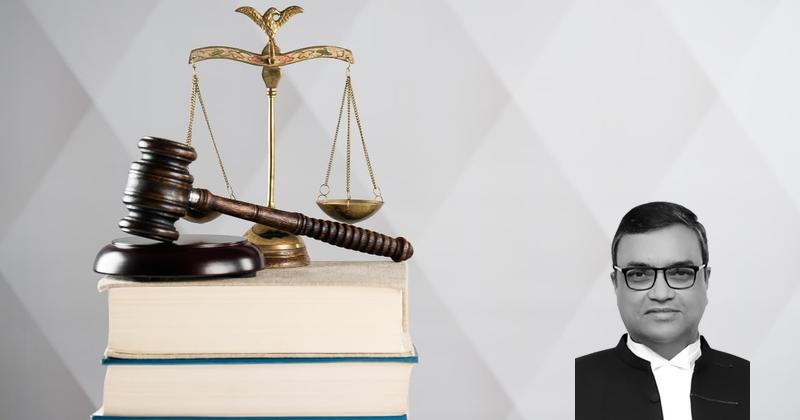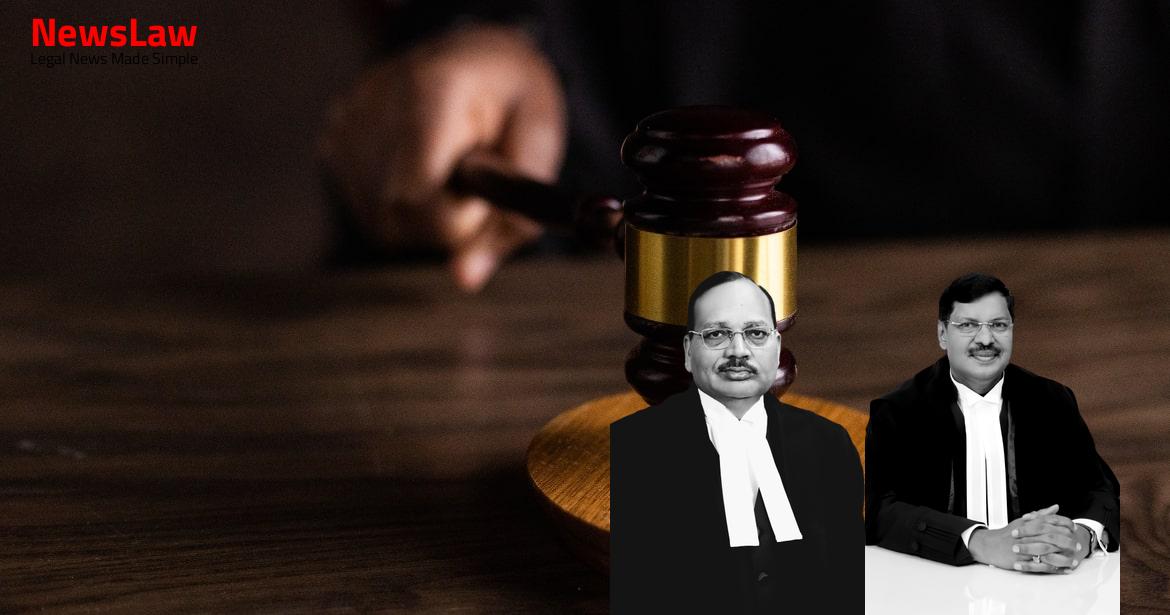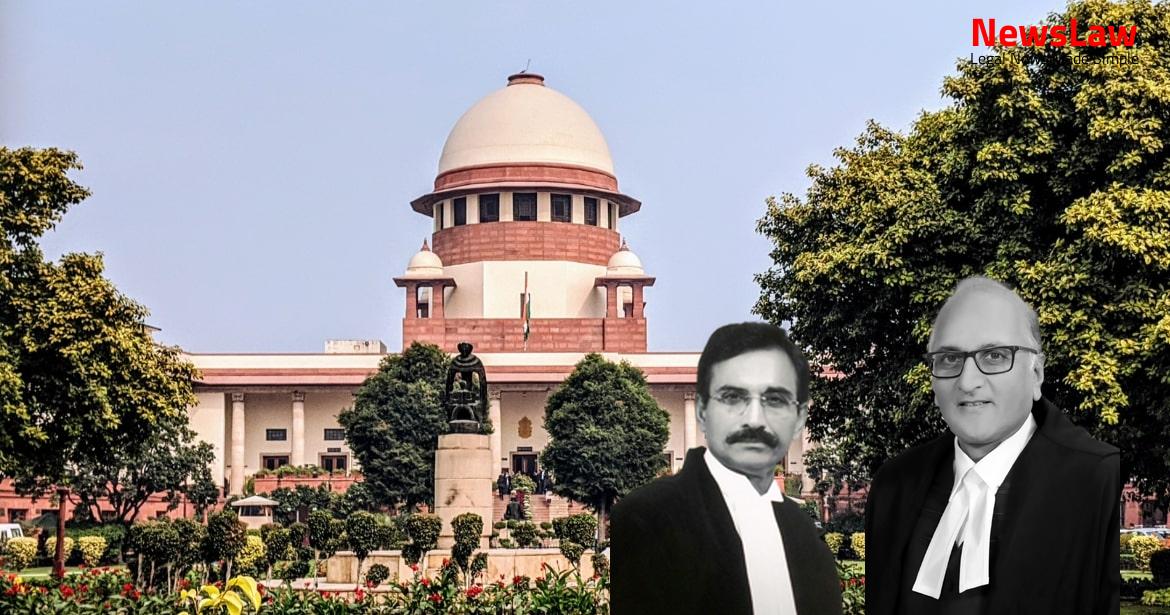In all these appeals, orders of the Customs, Excise and Service Tax Appellate Tribunal (hereafter “CESTAT”) are impugned by the service tax authorities (hereafter “the revenue”), who argue that user development fee levied and collected by the airport operation, maintenance and development entities (i.e., the Mumbai International Airport Pvt. The Commissioner of Service Tax, through various show cause notices demanded payment of tax on the development fee collected for various periods. Union of India, Commissioner of Central Excise v. Section 65 (105) (zzm) of the Finance Act, 1994, contains the definition of “airport service” (with effect from 01.07.2010) and states that such service is: “any service provided or to be provided by airports authority or by any other person in any airport or a civil enclave” Before the amendment, i.e., before 1 July 2010, the definition, of airport service was as follows: “to any person, by airports authority or any person authorised by it, in an airport or a civil enclave” Section 65 (3d) defines airport authority as: “Airports Authority of India constituted under section 3 of the Airports Authority of India Act, 1994 (55 of 1994) and also includes any person having the charge of management of an airport or civil enclave”.
Also Read: https://newslaw.in/supreme-court/legal-analysis-of-claim-for-loss-of-profit-in-delayed-contract/
(1) The Authority shall perform the following functions in respect of major airports, namely:– (a) to determine the tariff for the aeronautical services taking into consideration– **************** (b) to determine the amount of the development fees in respect of major airports; (c) to determine the amount of the passengers service fee levied under rule 88 of the Aircraft Rules, 1937 made under the Aircraft Act, 1934 (22 of 1934); User Development Fee —The licensee may, – 5 (i) levy and collect at a major airport the User Development Fee at such rate as may be determined under clause (b) of sub-section (1) of section 13 of the Airports Economic Regulatory Authority of India Act, 2008; (ii) levy and collect at any other airport the User Development Fees at such rate as the Central Government may specify.”
The relevant provisions of the AAI Act are extracted below: “Section 22. –
In this sub-clause “aircraft” does not include an aircraft belonging to any armed force of the Union and “aircraft operations” does not include operations of any aircraft belonging to the said force; (b) for providing air traffic services, ground safety services, aeronautical communications and navigational aids and meteorological services at any airports and at any aeronautical communication station; (c) for the amenities given to the passengers and visitors at any airport, civil enclave heliport or airstrip; (d) for the use and employment by persons of facilities and other services provided by the authority at any airport, civil enclave heliport or airstrip; (ii) with due regard to the instructions that the Central Government may give to the authority, from time to time, charge fees or rent from persons who are given by the authority any facility for carrying on any trade or business at any airport, heliport or airstrip.
Nisha Bagchi, learned counsel for the revenue, submits that assessees function as licensees of Airports. Ms Bagchi argued that user development fees are nothing but amounts collected for extending or enhancing various services like providing passenger lounges, passenger amenities, toilets, rest rooms and other facilities inside airports. It was argued that CBEC has clarified that passenger service fee, user development fee and development fee are different and development fee is to be taxed under “airport services”.
It was submitted that from a reading of Section 22A, it is clear that it allows for funding or financing the cost of upgradation, expansion or development of the airport at which the fee is collected and establishment or development of a new Airport in lieu of the airport at which the fee is collected. Once it is clear that the purpose and object of the UDF is for funding or financing the costs of upgradation, expansion or development of the major Airports, only the rate of fees are determined by the Airport Economic Regulatory Authority. Thus, the UDF collected by DIAL is covered by the definition of “airport service” and would be liable to payment of service tax. It further found that the levy and collection of 10 UDF by the two airport concessionaires at the rates fixed by the Central Government (by two letters dated 9.2.2009 and 27.2.2009) respectively were ultra vires the AAI Act, and were not saved by Section 6 of the General Clauses Act, 1897. It was argued that DF has not been collected as tax or cess and therefore, the contention that DF is a tax on which there cannot be any service tax is incorrect. The nature of the levy under Section 22A of the 2004 Act, in our considered opinion, is not charges C or any other consideration for services for the facilities provided by the Airports Authority.” It was argued by learned counsel that the taxable activity did not occur in this case, as the collections were intended for future developments whereas the ‘airport’ referred to in Section 65(105) Counsel emphasized that the ruling of the Kerala High Court in Cochin International Airport Limited vs Collector Central Excise has held that UDF is collected to fulfil the funding gap for development of airports, and cannot be termed as service. These facilities were available without any additional charge before the imposition of ‘development fee’.
Hence, there is a substantive difference between a charge under Section 22 and levy under Section 22A. This court has held that charges collected under Section 22 are for different services and facilities provided to the third parties by the lessee 14 of AAI. Rent for immovable property is materially different 15 from a collection under Section 22A of the AAI Act, which, according to this court, is in the nature of cess or tax and a compulsory exaction in Consumer Online Foundation (supra). Counsel pointed out that Consumer Online Foundation (supra) has ruled that there is no nexus between the amounts charged under Section 22A of the AAI Act and any service provided. The Amendment Act of 2003 which also inserted Section 12A therefore provides in sub-section (1) of Section 12A that the Airports Authority can make a lease of the premises of an airport (including buildings and structures thereon and appertaining thereto) to carry out “some” of its functions under Section 12 as the Airports Authority may, in the public interest or in the interest of better management of airports, deem fit. Such development fees levied and collected under Section 22A can also be utilized for funding or financing the costs of up-gradation, expansion and development of an existing airport at which the fees is collected as provided in clause (a) of Section 22A of the Act and in case the lease of the premises of an existing airport (including buildings and structures thereon and appertaining thereto) has been made to a lessee under Section 12A of the Act, the Airports Authority may meet the costs of up-gradation, expansion and development of such leased out airport to a lessee, but this can be done only if the rules provide for such payment to the lessee of an airport because Section 22A says that the development fees are to be regulated and utilized in the manner prescribed by the Rules.
Moreover, since we have held that the function of establishment and development of a new airport in lieu of an existing airport and the function of establishing a private airport are exclusive functions of the Airports Authority under the 2004 Act, and these statutory functions cannot be assigned by the Airports Authority under lease to a lessee under Section 12A of the Act, the lease agreements, namely, the OMDA and the State Support agreement could not make a provision conferring the right on the lessee to levy and collect development fees for the purpose of discharging these statutory functions of the Airports Authority. Therefore, when the Airports Authority makes a lease of the premises of an airport (including buildings and structures thereon and appertaining thereto) in favour of a lessee to carry out some of its functions under Section 12, the lessee, who has been assigned such functions, will have the powers of the Airports Authority under Section 22 of the Act to collect charges, fees or rent from the third parties for the different facilities and services provided to them in terms of the lease agreement. Similarly, there can be no contractual relationship between the Airports Authority and passengers embarking at an airport for establishment of a new airport in lieu of the existing airport or establishment of a private airport in lieu of the existing airport as mentioned in Clauses 18 (b) and (c) of Section 22A of the 1994 Act. In other words, the object of Parliament in inserting Section 22A in the 2004 Act by the Amendment Act of 2003 is to authorize by law the levy and collection of development fees from every embarking passenger de hors the facilities that the embarking passengers get at the existing airports.
Once we hold that the development fees levied under Section 22A is really a cess or a tax for a special purpose, Article 265 of the Constitution which provides that no tax can be levied or collected except by authority of law gets attracted and the decisions of this Court starting from The Trustees of the Port of Madras v M/s Aminchand Pyarelal (supra), cited on behalf of the Union of India and DIAL and MIAL on the charges or tariff levied by a service or facility provided are of no assistance in interpreting Section 22A. Looking strictly at the plain language of Section 22A of 1994 Act before its amendment by the 2008 Act, the development fees were to be levied on and collected from the embarking passengers “at the rate as may be prescribed”. ****************** ****************** Explanation 3.-For
the removal of doubts, it is hereby declared that the gross amount charged for the taxable service shall include any amount received towards the taxable service before, during or after provision of such service.” (i) in a case where the provision of service is for a consideration in money, be the gross amount charged by the service provider for such service provided or to be provided by him; (ii) in a case where the provision of service is for a consideration not wholly or partly consisting of money, be such amount in money as, with the addition of service tax charged, is equivalent to the consideration; (iii) in a case where the provision of service is for a consideration which is not ascertainable, bet he amount as may be determined in the prescribed manner.
(a) “consideration” includes any amount that is payable for the taxable services provided or to be provided; (b) “money” includes any currency, cheque, promissory note, letter of credit, draft, pay order, travellers cheque, money order, postal remittance and other similar instruments but does not include currency that is held for its numismatic value.”
After the amendment, Section 67 of the Act read as follows: 20 “Section 67. Therefore, it is not any amount charged which can become the basis of value on which service tax becomes payable but the amount charged has to be necessarily a consideration for the service provided which is taxable under the Act.
Case Title: CENTRAL GST DELHI III Vs. DELHI INTERNATIONAL AIRPORT LTD (2023 INSC 572)
Case Number: C.A. No.-008996 / 2019



